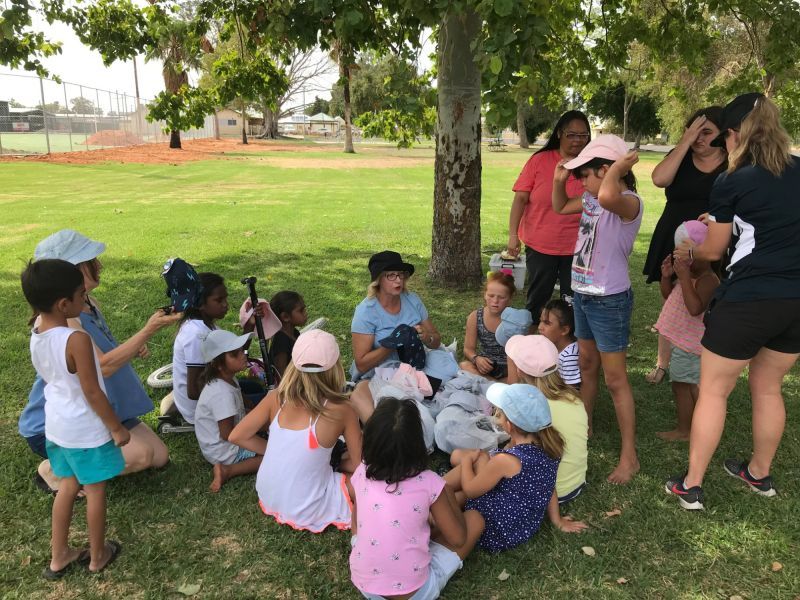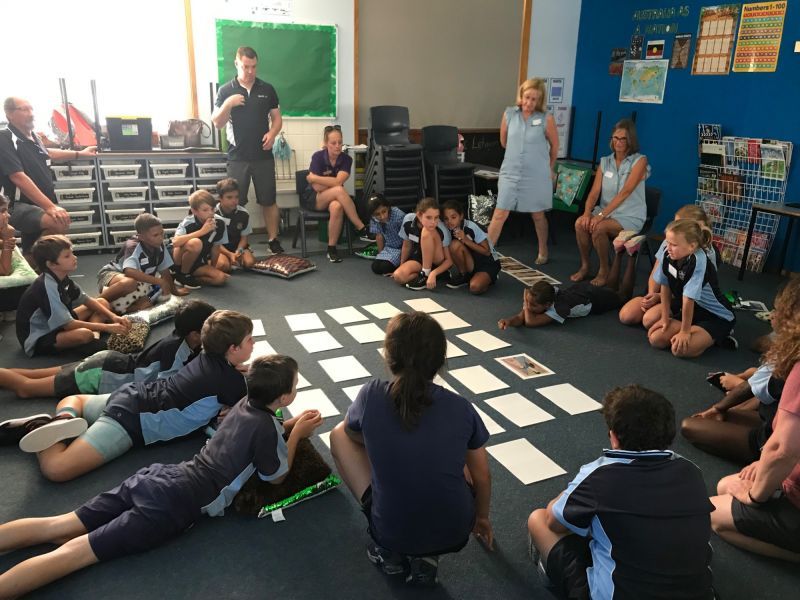Why We Do What We Do
Eternity Aid was born out of the observed (and well documented) over-representation of Aboriginal youths in custody.
The NSW Department of Justice recognises the value of early intervention and the preference for responding to risk and need. Youths in custody have frequently experienced:
- Disengagement from their education and poor educational achievement;
- Family dysfunction, such as having experienced abuse or trauma, and being placed in out-of-home care; and
- Disability, including cognitive and mental health impairment.
Eternity Aid has adopted principles for successful transition to school programs identified in research literature, including that outlined in the Starting School Research Project (Dockett & Perry, 2001) which suggests:
- Establish positive relationships between children, parents and educators;
- Facilitate each child’s development as a capable learner;
- Involve a range of stakeholders;
- Be flexible and responsive;
- Be based on mutual trust and respect;
- Rely on reciprocal communication among participants; and
- Take into account the contextual aspects of the community.
The literature of reducing disadvantage in Aboriginal communities consistently cites the importance of taking time to build trust and sustaining support over the long term in order to achieve genuine change.
In the time Eternity Aid has been working in the Bourke community alone, custody rates of local youths has trended downwards (74% decrease). This alone saves the NSW Government, and therefore the wider community, a significant amount of money given the annual cost to support a young person in custody equates to more than $237,000 per year.
Find out more how you can get involved or donate to Eternity Aid’s programs.





